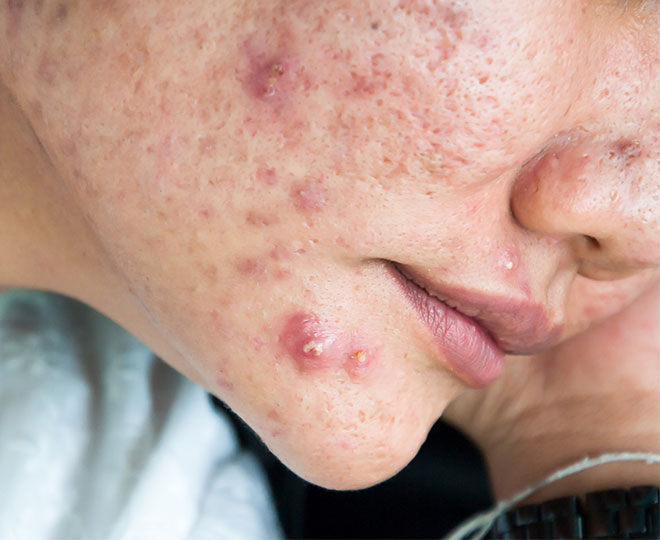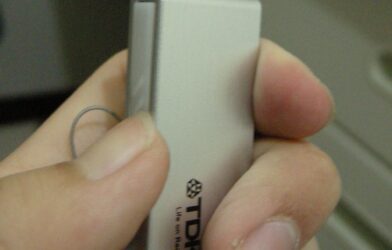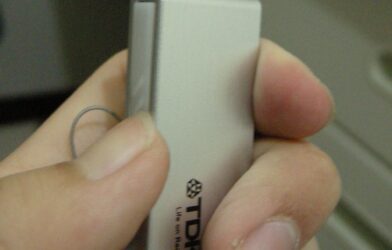Understanding Pimples: Causes, Prevention, and Treatment
Pimples, also known as acne, are a common skin condition that affects millions of people worldwide. While they are often associated with adolescence, pimples can affect people of all ages. In this article, we’ll explore what pimples are, the causes behind them, and how to prevent and treat them.
What Are Pimples?
Pimples are small, inflamed, and often painful bumps on the skin that typically appear when hair follicles become clogged with oil, dead skin cells, and bacteria. These bumps can range in severity from minor whiteheads and blackheads to larger, more painful cysts and pustules.
Pimples commonly form on the face, but they can also appear on the back, chest, shoulders, and arms. Acne occurs when the sebaceous (oil) glands in the skin produce too much oil, which then mixes with dead skin cells and clogs the pores. When bacteria thrive in these clogged pores, it can result in infection and inflammation, causing pimples.
Common Causes of Pimples
- Hormonal Changes: Hormones play a significant role in the development of pimples. During puberty, an increase in hormones, especially androgens, can lead to overactive sebaceous glands. Hormonal changes due to pregnancy, menstruation, or the use of birth control pills can also trigger acne flare-ups.
- Excess Oil Production: The sebaceous glands secrete oil (sebum) to keep the skin lubricated. However, when these glands produce too much oil, it can clog the hair follicles, leading to pimples.
- Bacterial Growth: The bacterium Propionibacterium acnes is normally present on the skin. However, when a pore becomes clogged with oil and dead skin cells, this bacteria can multiply, leading to an infection and the formation of pimples.
- Clogged Pores: Dead skin cells that don’t shed properly can accumulate on the skin’s surface, blocking the pores. These blockages can result in blackheads (open pores) or whiteheads (closed pores).
- Diet: While the relationship between diet and acne is still being studied, some research suggests that certain foods, such as those high in sugar and dairy, may contribute to pimples. Foods with a high glycemic index, such as white bread and pasta, may lead to insulin spikes and trigger acne flare-ups.
- Stress: Stress triggers the body to release hormones like cortisol, which can increase oil production and cause pimples. While stress itself doesn’t directly cause acne, it can exacerbate the condition.
- Medications: Some medications, particularly those containing steroids, can cause acne as a side effect. If you suspect your medication is contributing to pimples, speak with your healthcare provider.
- Environmental Factors: Pollutants, humidity, and exposure to oily substances can clog pores and worsen acne. Additionally, sweating during exercise or hot weather can lead to clogged pores and breakouts.
How to Prevent Pimples
- Wash Your Face Regularly: Gently wash your face twice a day with a mild cleanser to remove excess oil and dirt. Avoid scrubbing your skin too harshly, as this can irritate the skin and make acne worse.
- Use Non-Comedogenic Products: When choosing skincare and makeup products, look for those labeled “non-comedogenic,” which means they are less likely to clog your pores.
- Avoid Touching Your Face: Touching your face with dirty hands can transfer bacteria and oils, potentially leading to clogged pores. Avoid resting your chin or face on your hands.
- Stay Hydrated: Drinking plenty of water helps maintain skin hydration and supports healthy skin function. Hydrated skin is less likely to overproduce oil.
- Watch Your Diet: Eating a balanced diet rich in fruits, vegetables, and whole grains can help keep your skin healthy. Some individuals may benefit from reducing their intake of dairy or high-sugar foods.
- Manage Stress: Engaging in stress-reducing activities, such as exercise, meditation, or hobbies, can help lower cortisol levels and prevent acne flare-ups.
Treatment for Pimples
While pimples often go away on their own, there are several treatments available to help reduce their severity and prevent future breakouts.
- Over-the-Counter (OTC) Products: There are many topical treatments available without a prescription. Ingredients such as benzoyl peroxide, salicylic acid, and sulfur can help reduce pimples by killing bacteria, unclogging pores, and reducing inflammation.
- Prescription Medications: For moderate to severe acne, a dermatologist may prescribe stronger treatments, such as topical retinoids (e.g., tretinoin), oral antibiotics, or oral contraceptives for hormonal acne. In some cases, a doctor may recommend oral isotretinoin (Accutane) for severe, cystic acne that doesn’t respond to other treatments.
- Laser Therapy and Light Treatments: Laser treatments and light therapy can help reduce acne by targeting bacteria, reducing oil production, and promoting skin healing. These treatments may be considered for individuals with persistent or severe acne.
- Chemical Peels: A chemical peel involves applying a solution to the skin to exfoliate and remove dead skin cells. This can help unclog pores and reduce acne breakouts.
- Lifestyle Modifications: Avoiding triggers, such as certain foods, stress, or using harsh skincare products, can help manage acne. Regular exercise and proper skincare routines can also improve skin health over time.
Conclusion
Pimples are a common, but often frustrating, skin condition. By understanding the causes and factors that contribute to acne, individuals can take proactive steps to prevent and treat pimples. Whether through daily skincare routines, lifestyle changes, or medical treatments, there are numerous ways to manage acne and maintain healthy, clear skin. However, it’s important to be patient, as treating pimples may take time to show results. Always consult with a dermatologist if your acne is persistent or severe for personalized guidance and treatment options.











